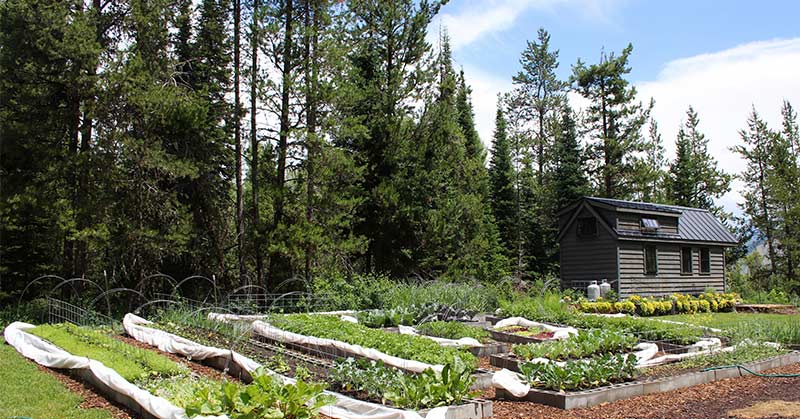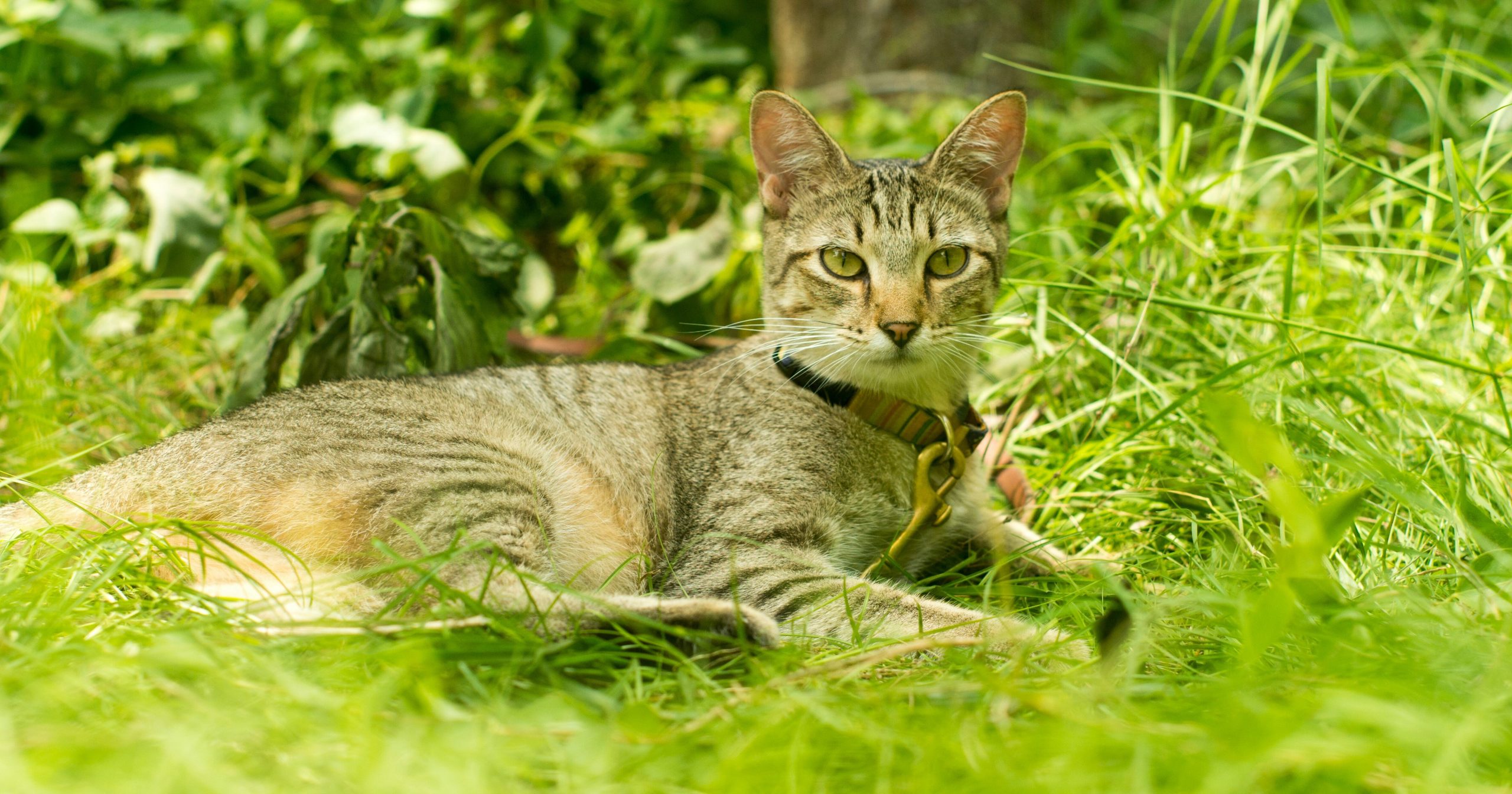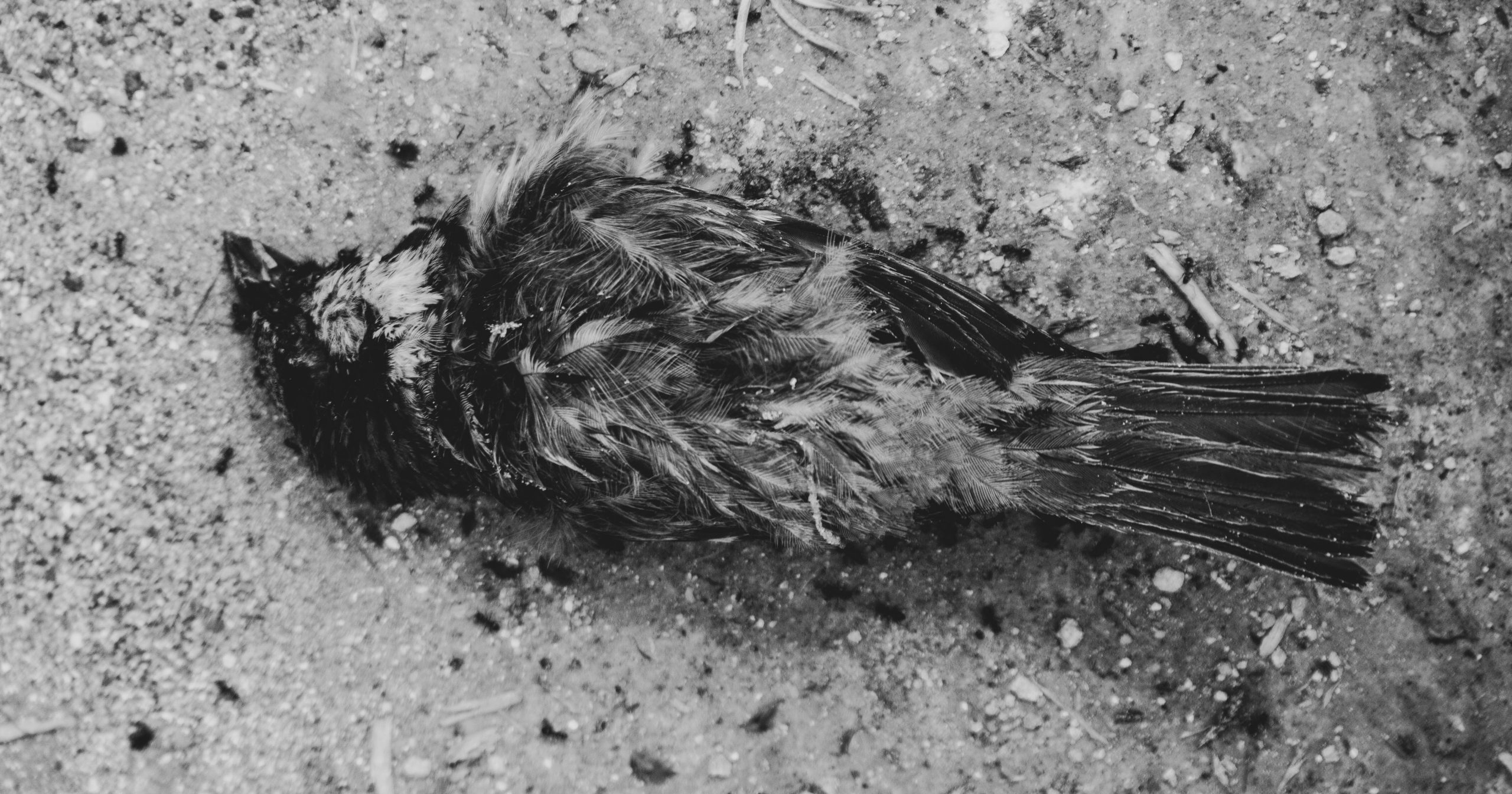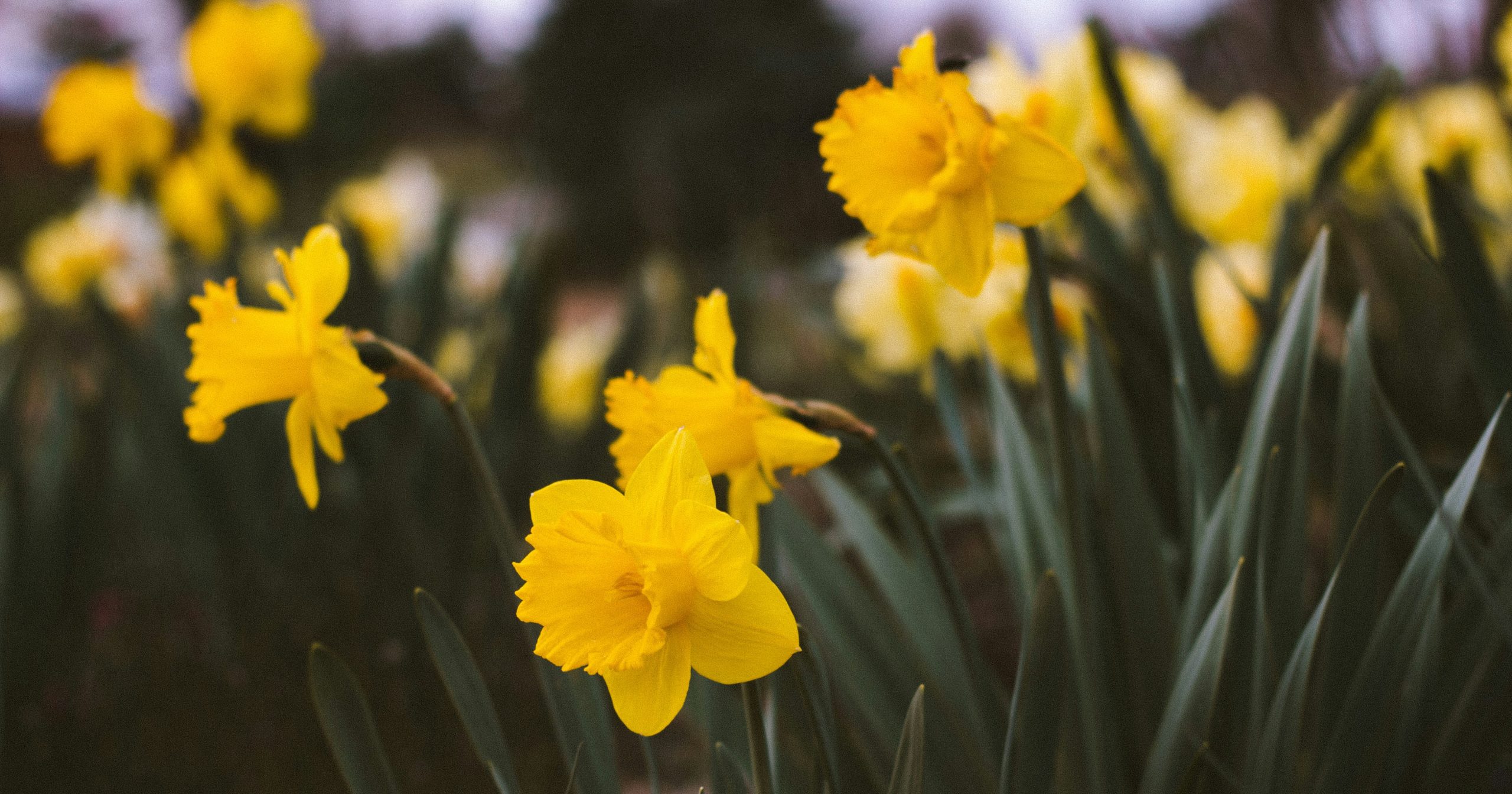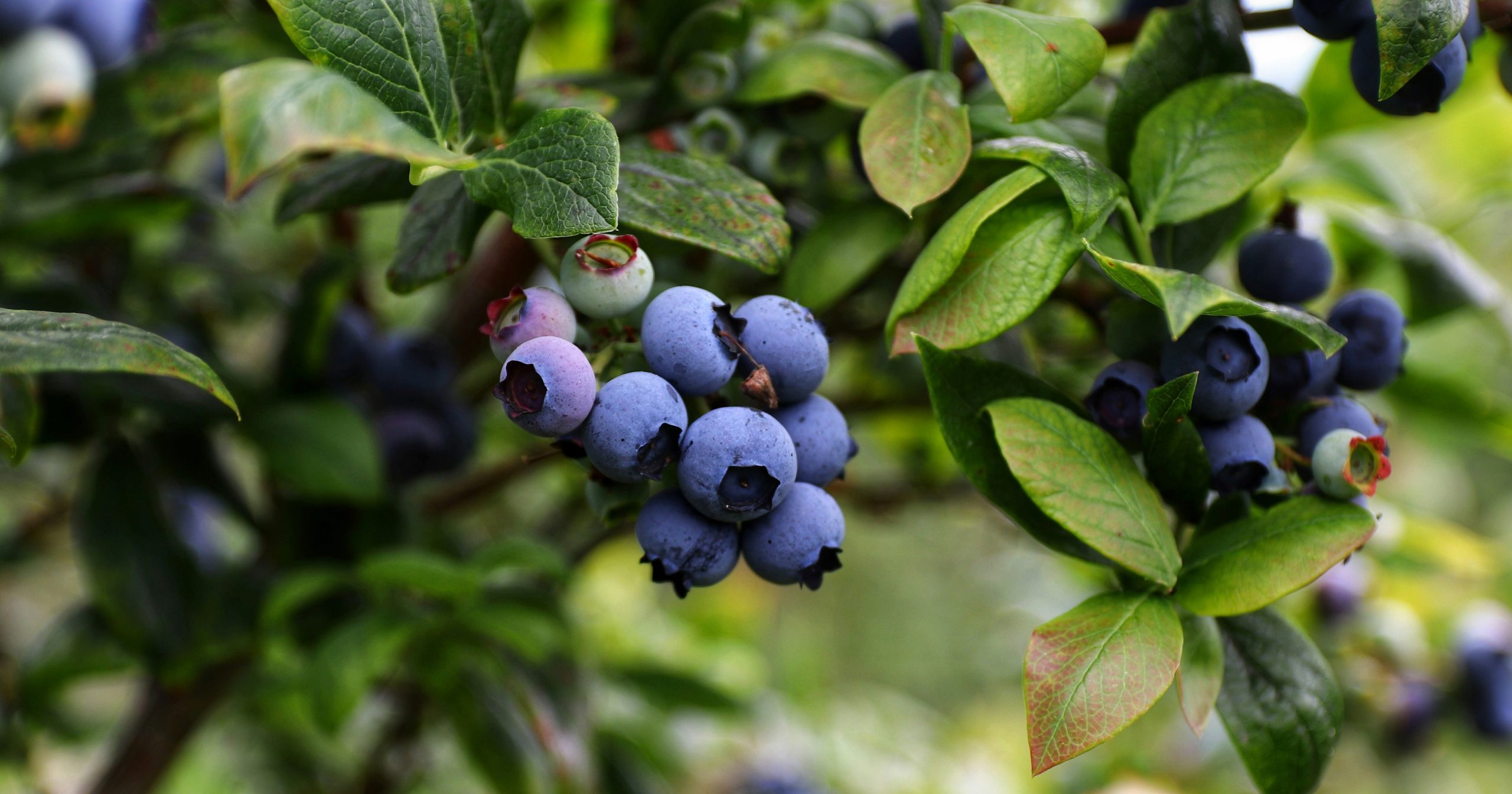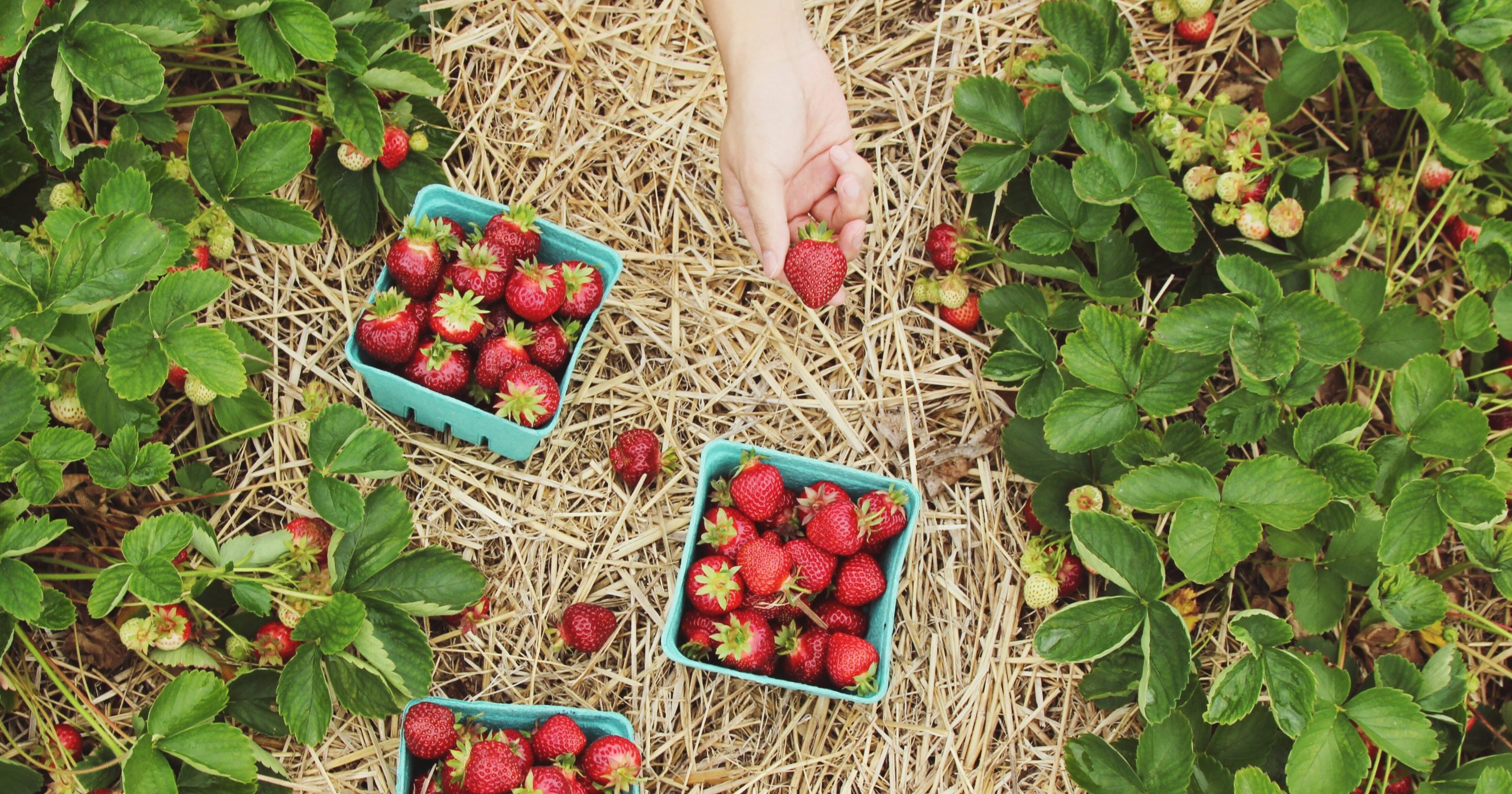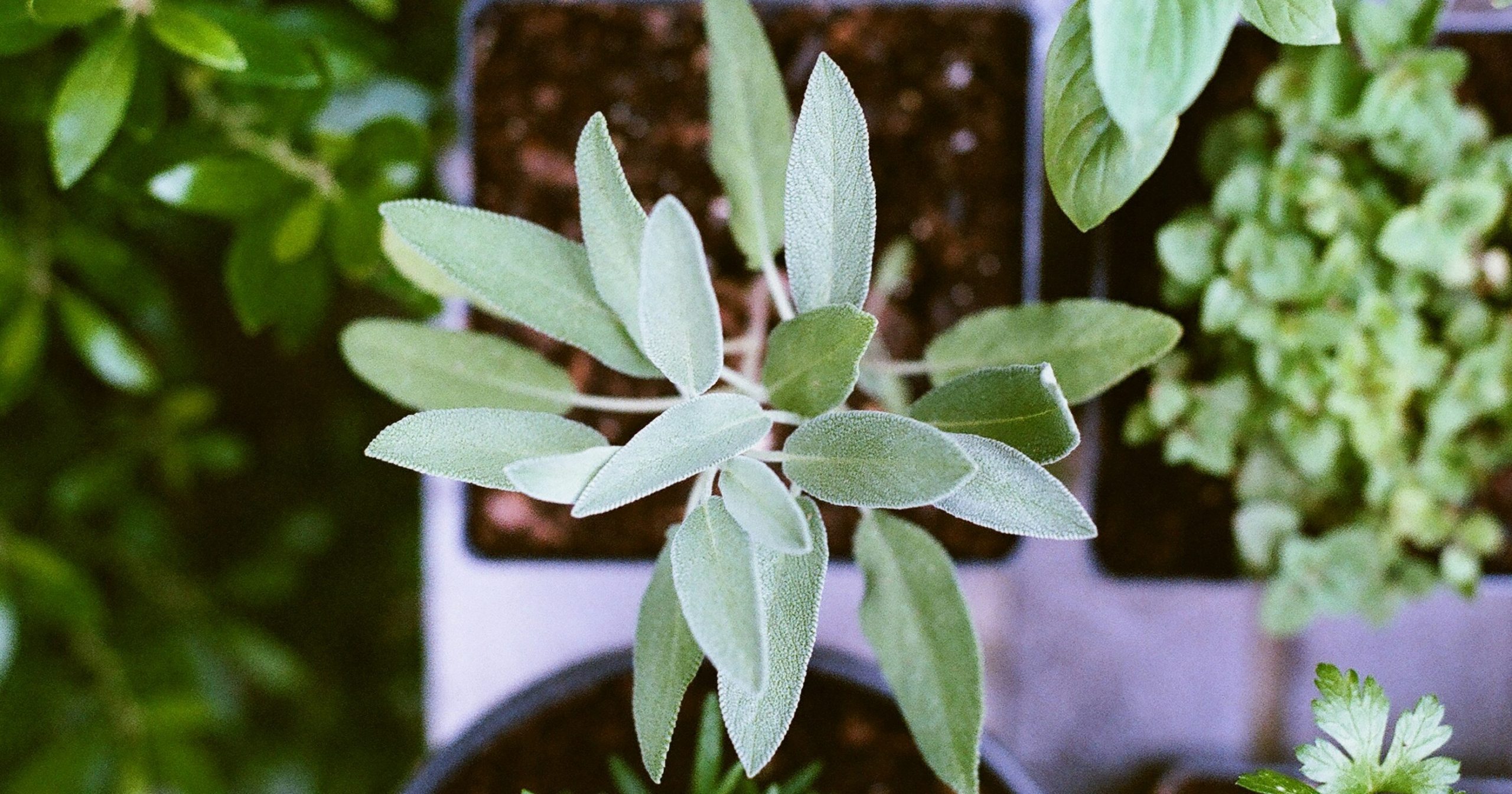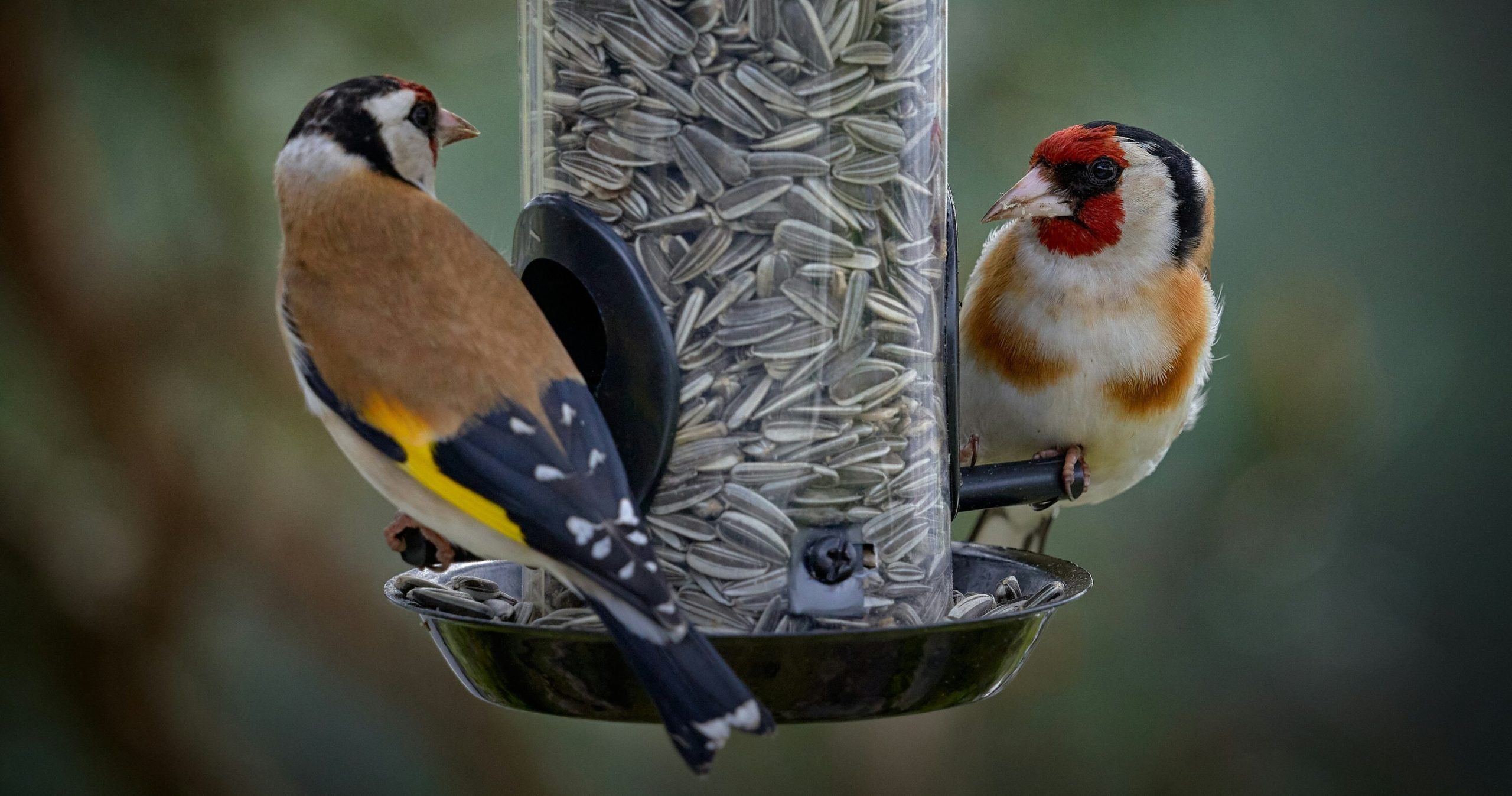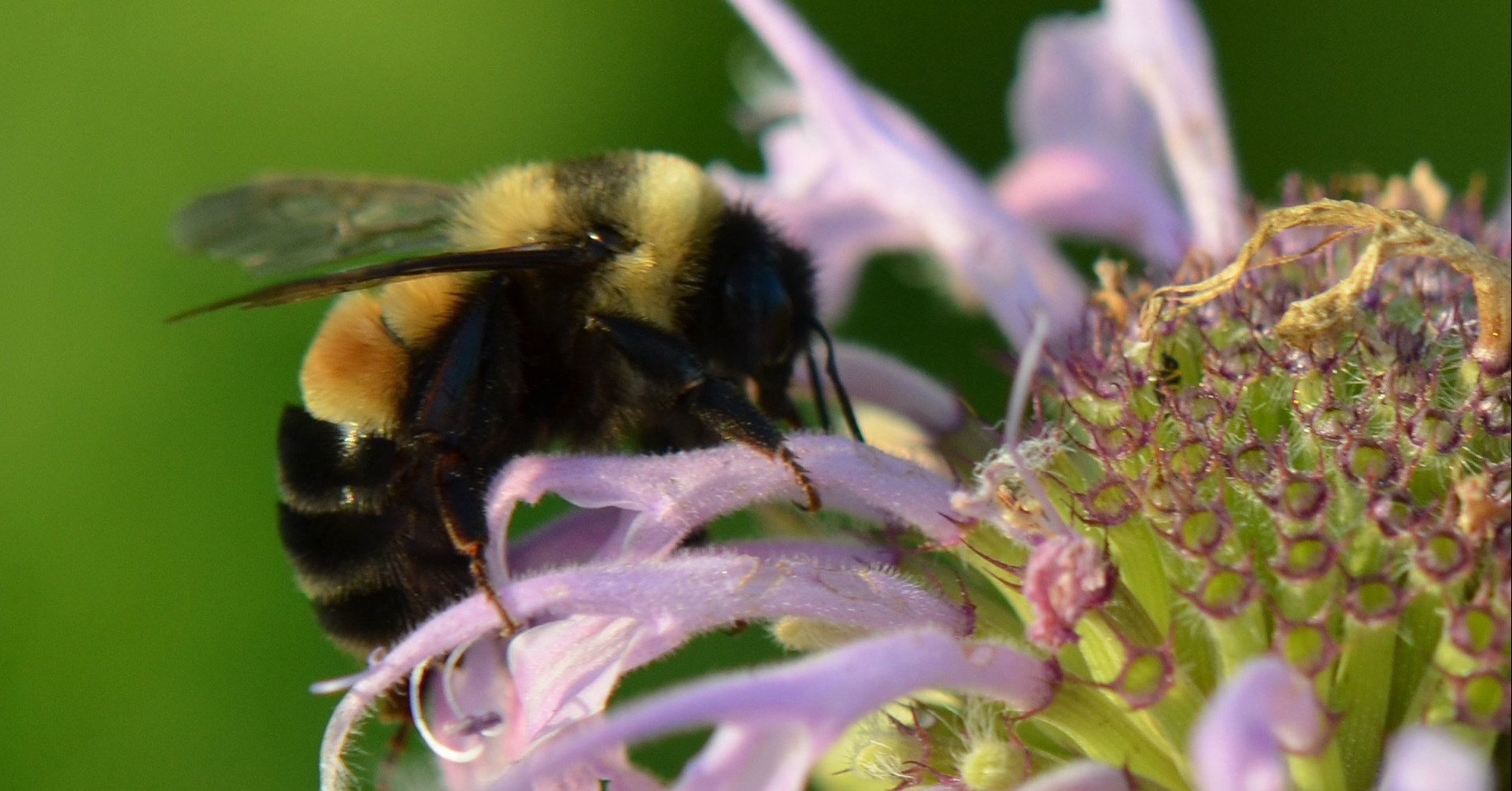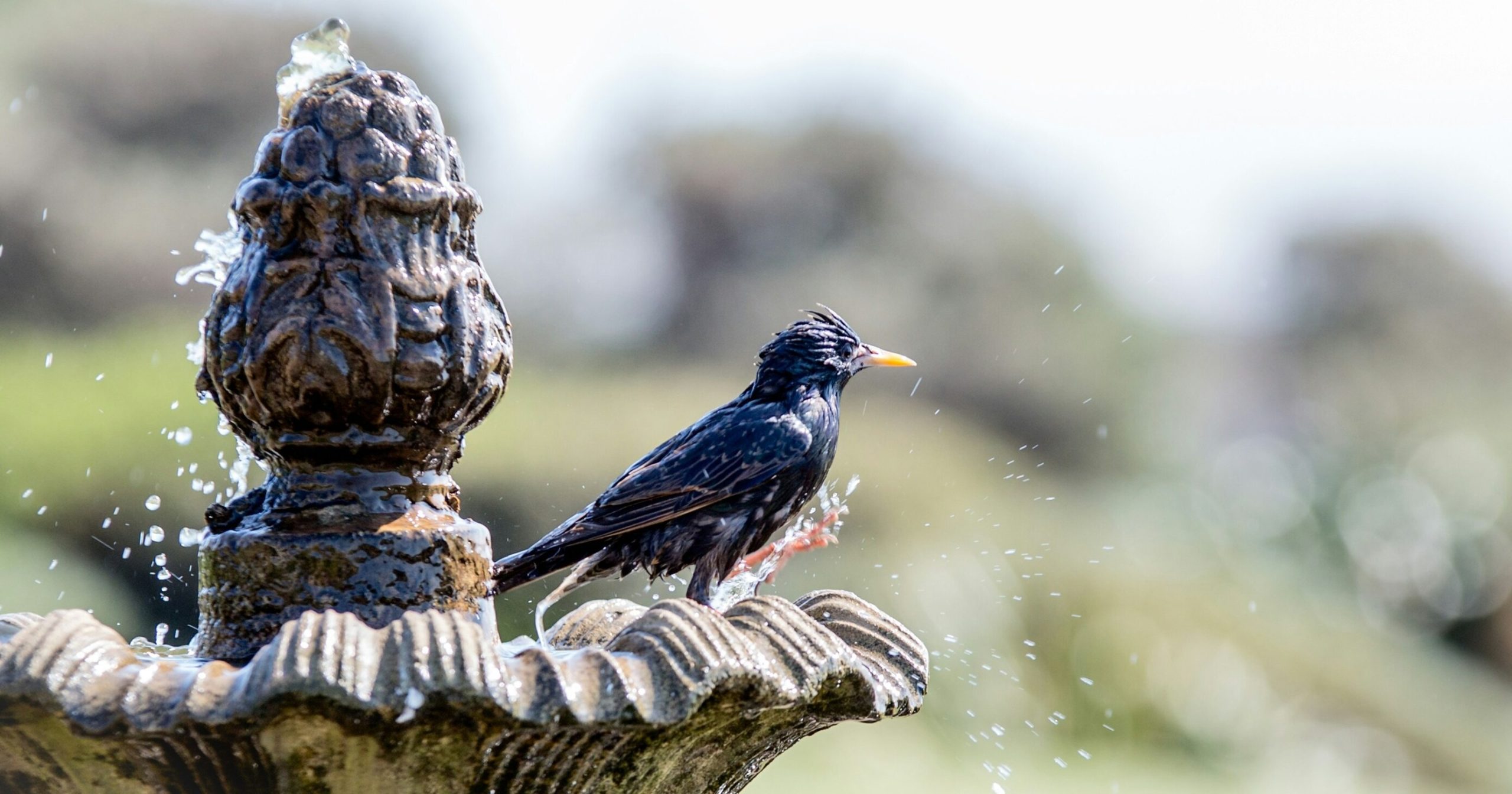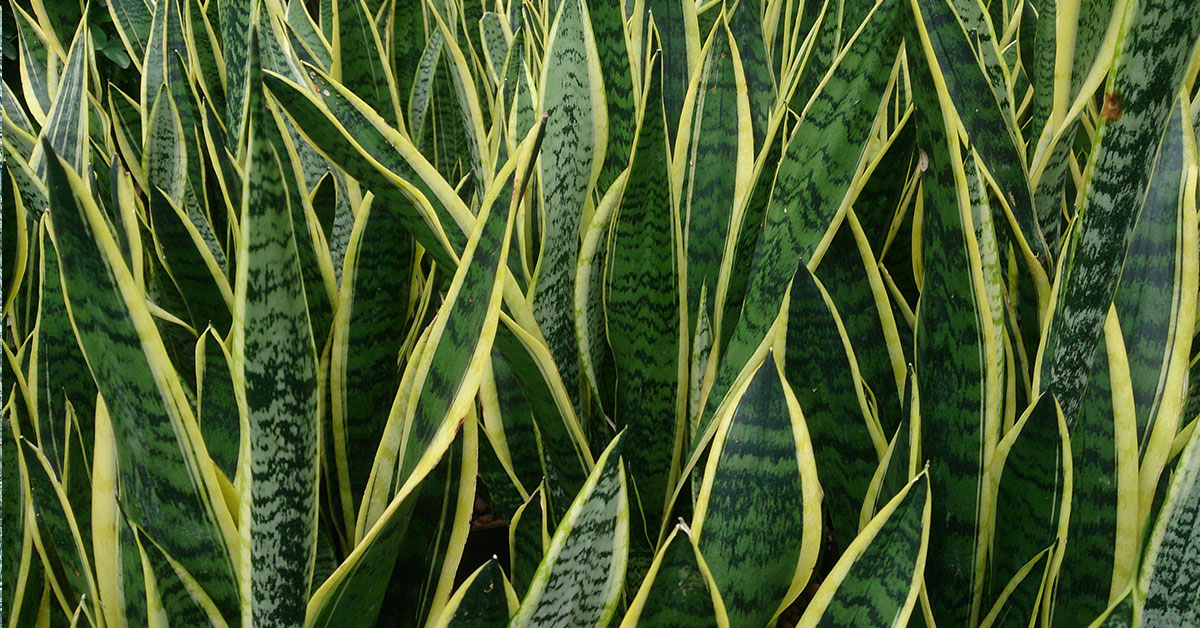When you picture a homestead in your mind, what do you see? For me, it’s a farmhouse with a lot of empty space around it that can be used for farming, livestock, orchards, and so much more. You probably picture a strong, healthy family making it by using their skills and the land they possess and having a blast while doing it. The image in your head isn’t far off, but it might be a bit misleading. One of the most important things to keep in mind about homesteading for beginners is that you don’t need to buy the farm to be a homesteader.
There’s a quote by Arthur Ashe that should be your core guiding principle when beginning your homestead: “Start where you are, use what you have, do what you can.” Let’s break it down.
Start small with your homestead
The first steps you take in your homesteading adventure can and probably should be small ones. The ideation phase of homesteading is crucial. What do you want to get out of your homestead? Do you want to simplify your life? Live less expensively? Live a healthier lifestyle? All of these things are well within reach for a well-practiced homesteader, but if you grab some chicks and seeds and don’t have a plan in place or a goal in mind, you may find your homestead to be more of a house with a garden than an actual homesteading environment.
Put another way: lay the foundation for your homestead as if it were a new home you were building. You wouldn’t build a house on bare dirt, right? Your foundation is crucial. Establishing your priorities and making a plan is the foundation off of which you will build.
Keep it simple at first
Homesteading is a hobby for some and a lifestyle for others. Chances are, the people for whom it’s a lifestyle started really simple. Before you buy a few acres and a farmhouse, you’ll want to know whether or not this is a hobby for you or something more serious. A good plan for homesteading for beginners is to look around and see what you can do where you are and how you want to proceed. You can start your gardening adventure by building a dozen raised garden beds in your yard, but have you gardened before? If not, it might be advisable to garden in containers or start with just a couple raised beds to see if you like it.
The same goes for livestock. I’m sure you’d love to have a big bowl of fresh chicken eggs sitting on your counter just waiting to be scrambled with the artisan goat cheese you made from your friendly goat’s milk and topped with salsa made from fresh ingredients from your garden. But before you buy 20 chickens and a goat, start smaller. Build a coop and pick up 5 chickens to start with. If you like your chickens and want to scale up, then scale up!
Develop new skills and get creative
When it comes to homesteading, it’s less about what you have and more about what you know. One of the core principles of homesteading is developing the skills needed to make the fruits of your labor last. If you plant 100 tomato plants and end up with 1,000 tomatoes at the end of the season, those tomatoes won’t do you much good if they’re all rotten by October. Before you plant 100 tomato plants, learn to safely can your tomatoes. Canning them will make them last quite a bit longer.
If you want fresh chicken meat to feed your family, you’ll need to learn how to process the birds when the time comes. You don’t want to get 20 meat chickens only to find that, when the time comes, you don’t really know what to do.
My advice when it comes to homesteading for beginners is to constantly be reading, researching, and learning new skills. Everything from canning to composting to sewing. Each skill that you learn makes your homestead more complete.
Branch out and connect with other homesteaders
The idea of the rugged individual making it on their homestead is one certainly romanticized, particularly in the United States where rugged individualism is a social norm. But homesteading for beginners definitely includes getting to know other homesteaders in your area. People who have adopted homesteading as a hobby or a lifestyle are often very open and giving. They will usually share the knowledge they’ve obtained and are often willing to lend a hand.
Other homesteaders may have fruit and vegetable starts they don’t need as well and will readily give them away. Certain plants, like raspberries, grapes, and strawberries tend to spread and become a little over-abundant for homesteaders. Giving away starts helps spread the homesteading wealth around.
Finding other homesteaders is usually pretty easy, especially if you use social media. Searching around on Instagram and Facebook for individuals, pages, and groups to join for homesteaders in your area is probably the simplest way to connect and begin asking questions, sharing information, and growing as a homesteader.
Good luck on your homesteading journey! We’re rooting for you.
